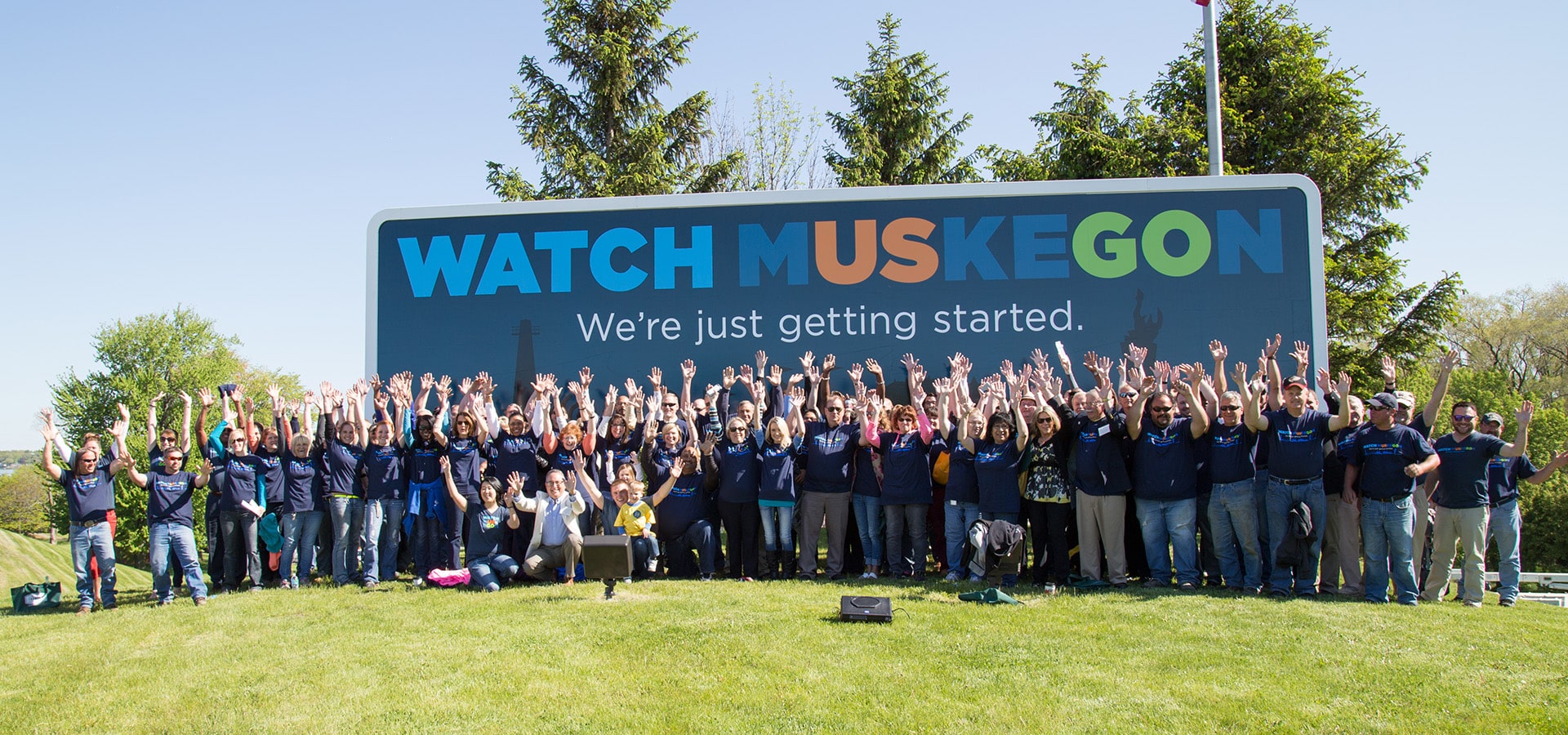Online business is huge and getting more and more prevalent every day. It’s no longer enough to simply have a website. Actually, if your company doesn’t, you’re missing out on some incredible opportunities.
No, any old website won’t cut it these days. Even if you’re not a web expert, your organization is counting on you to be informed about the best ways to gain and maintain customers in today’s web-saturated landscape. That likely means playing some kind of middle man between your business’s leaders (or your clients) and the web developers who will be doing the ground level work.
To do this effectively, you need to be informed.
Modern web users expect your site to be organized, highly functional, informative, and pleasing to the eye – not to mention secure, up to date, and optimized for their mobile devices.
Whether you’ve got an existing website that needs an overhaul or you’re starting from scratch, having some necessities in order will make the process of web development so much smoother for everyone involved.
Your web team will handle the fine technicalities here. That’s what they’re there for in the first place. But making the effort to gather and organize some critical information before you bring them the project is going to get your team working that much sooner; reduce back-and-forth communication; and to be perfectly honest, make you look MUCH better in the eyes of your developers – who are probably used to (and constantly frustrated by) proposals lacking essential details.
Before you even approach your web developers, gather the following information from the lead decision makers, whoever in your organization (or clientele) that may be:
1. Industry
It may seem like a silly thing to define since you’re already in the middle of it, but for a developer, this information is paramount. Even if you’ve worked with them before or it’s an in-house team, clearly define the industry that this site-to-be should fit in with.
This will help developers determine layout and features (among many other things), as well as provide an invaluable point of reference for exploring the way your competitors may be crafting their online presence.
2. Budget
At the outset of any project, financial considerations should be at the top of your to-do list. Before you submit proposals or seek quotes, find out what your company – or the company you represent – can afford in the first place.
The budget you set represents, to some degree, the hours of labor that can be allotted for the project, which plays a major part in determining the scope of the entire site in early planning stages.
With more thorough information, your developers can return highly detailed mockups and drafts in the beginning and avoid planning too big (and leaving some details unfinished) for your investment in the long run.
3. Objective
What is this site trying to accomplish? It could be any number of things: lead capture, e-commerce sales, education, interaction … the list goes on.
While it’s generally true that “everybody needs a website,” you can’t just leave it at that. Sites are built for different purposes, and everything from code to color scheme can reflect its intended goal (or goals). Do you need it to integrate with other systems? Meet security requirements? Function as a tool for re-engaging customers? All of this affects how your developers will make decisions.
If you’re not sure where to start, look to some of your competitors for ideas. What are they using their websites for? Similarly, you can look to the areas of the organization that need improvement – from customer retention to product education, upsells to brand identification – and decide which could benefit from a website the most.
When you bring clear goals to a web development team, they can use their expertise to choose the elements best suited to achieving those goals, get a sense of the overall tone of the site, and implement the tools you need from the get-go.
All of this means fewer revisions and less hassle for everyone involved.
4. Due Date
Just like your budget, determining your “due date” – or at least projected date of site completion – before the project even gets started can be a massive advantage. A solid end point lets developers know just how long they have to work on your project and how much they need to put in each day to meet your expectations.
Setting a due date also allows you to roll other marketing efforts into the building and launch of your new site. When you know the timeline, your mailers, ad campaigns, company announcements, etc. can all coincide with the site’s completion.
Above all, it’s just another way to keep everyone – project managers, developers, content creators, and more – all on the same page. When the whole team (not just the web folks) are all on track, all of the complex components can come together in successful symphony.
On the other side of the coin, you’ll also have to communicate with the web developers. The above list of considerations are for you to take from your company/client to the web team. You can (and should) have them established when you approach a site design in the first place.
The developers, however, will also have some more specific questions. These questions will allow the web team to work more autonomously, not halting work every time they need a critical piece of information.
Be prepared to answer these developer questions as well:
- Do you have access to your domain and hosting?
Do you already have a domain selected for your site? If not, get on it right away! The domain you choose can be determined by (or help determine) the name of a product or company, the intent of the site, etc.
If you haven’t purchased a domain name yet, do so as soon as possible.
If you do already have a domain and hosting determined, it’s integral to provide your account information to the web development team. With direct access, they’ll be able to make any changes or review any necessary data without having to prompt you for it every time.
The same is true for hosting. It’s essential information, and your team won’t make much progress in your site without it.
- Who hosts your email service?
To properly integrate your contact forms, “mail to” links, and even some site analytics systems, your team will need to know not only who provides your email service, but also the hierarchy of addresses, what addresses should be used for what specific purpose, and more.
Your team will let you know what they need, so be prepared to consult with the relevant members of your organization to compile this important info.
- Do you have an IT person we can contact?
Last but not least, your developers will likely want an IT liaison who can provide them with the truly technical information they’ll need to succeed. While you may have the vision and the organizational skills, and your company leaders or clients may be holding the figurative checkbook, the “techy” people want someone from your camp that can speak their language.
Instead of sending questions or comments to you, and you playing the middle man between the developers and company IT staff (or contracted firm), let them connect directly and hash out the details or pose any necessary questions.
While developers will provide some IT support, they will ultimately want to lean on a person already familiar with your organization for information, implementation, and any other details that need ironing out.
This may seem like a lot to do before a site build is even underway, but clearing all of this up in advance – and simply knowing what developers will expect – can save time, money, and frustration in the long run. Instead of just diving in, make a solid plan. Get all the pieces in place first, and as the new site begins to take shape, it will be more accurate (and more complete) every step of the way.
Give your developers the tools they need. They’re counting on you to be the master middle man!











